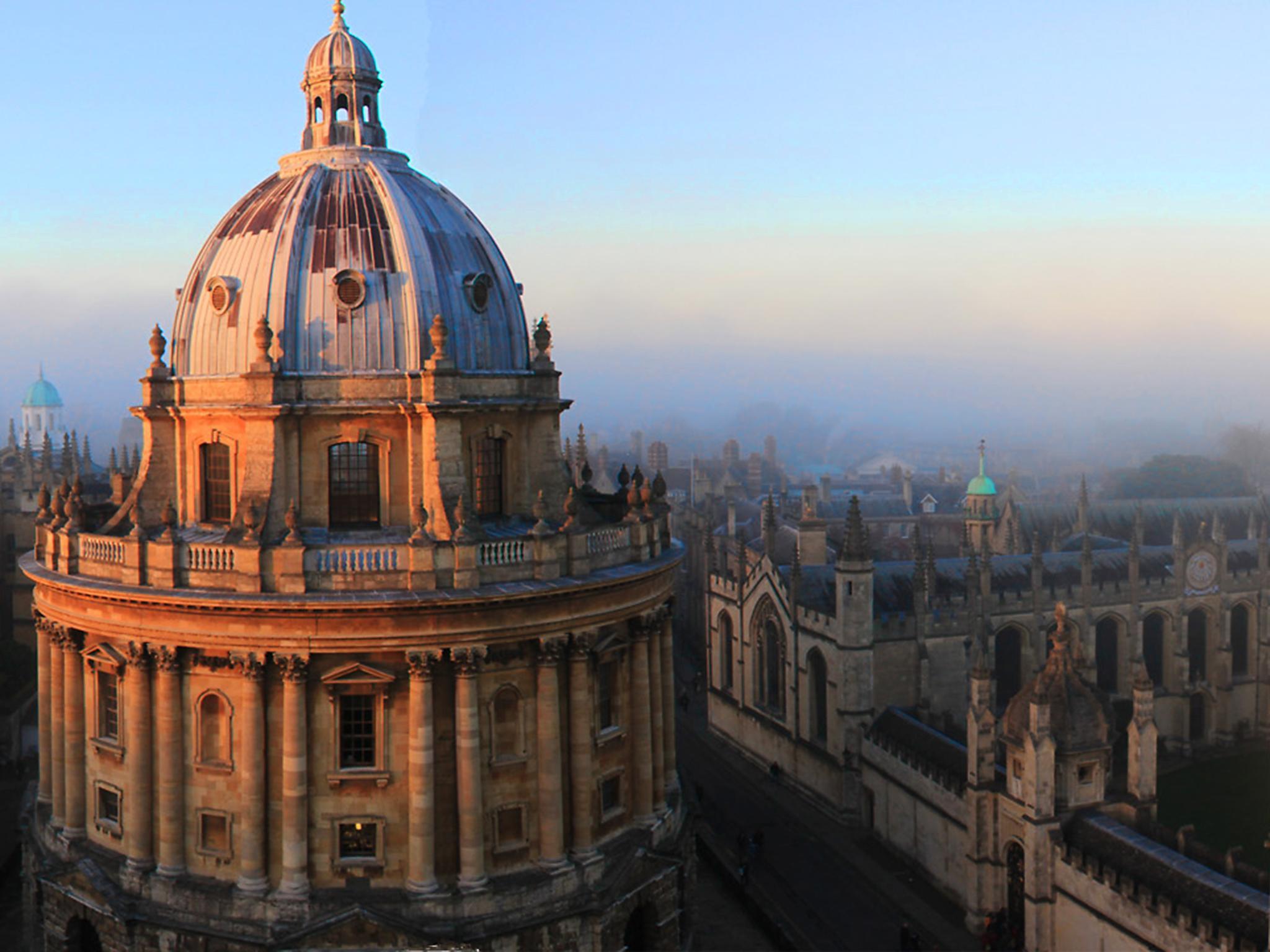Oxford and Cambridge 'investing millions of pounds offshore', Paradise Papers reveal
Both universities said to invest in funds based in Cayman Islands, a tax haven popular with American and British hedge funds

The universities of Oxford and Cambridge invested millions of pounds in offshore funds, according to revelations contained in the Paradise Papers.
Both universities are said to have invested in funds based in the Cayman Islands, a tax haven popular with many American and British hedge funds.
In 2006, Oxford invested £2.6m in a Guernsey-based private equity firm and Cambridge invested £1.3m in the same scheme, The Guardian reported.
Money was separated into two funds, one directly from the universities and the other from individual colleges.
The arrangement allows the universities to avoid a US tax on hedge fund investments and receive dividends tax free.
Prem Sikka, an emeritus professor in accounting at the University of Essex, said it was important that universities were more transparent with their investments.
“All the Caymans offer is secrecy and tax avoidance. There is nothing else there. It’s not as if this is a place actively engaged in advancing science, research or human knowledge,” Mr Sikka told The Guardian.
The universities were said to have invested in a private equity firm, Coller International, which invested $1bn (£760m) in Royal Dutch Shell, the oil and gas company.
The revelation is likely to increase pressure on the two universities to divest from fossil fuels.
Both universities have already faced several calls in recent years to move away from carbon-based investments but these have so far gone ignored.
A spokesman for Cambridge University said: "The Colleges and the University are charities and therefore their holdings in investments are tax-exempt in the UK, US and many other countries. This means there is normally no tax to pay.
"The fund arrangement, through which the University and Colleges invest, is standard for collective investments of this type.
"The fund is managed by a highly reputable investment advisor and, as is normal, the adviser makes the decisions about specific investments to be made by the fund.
"A divestment working group was set up by University council in May 2016 to consider the question of divestment from businesses involved in fossil fuel industries.
"The university is currently seeking views from a wide range of organisations and individuals. In addition to written submissions we are holding Town Hall meetings open to staff and students from across the University."
A spokesman for Oxford University said: "'As charitable trusts, Oxford University’s endowment is exempt from UK tax. The taxpayer therefore does not lose a penny from our investments.
"The investments generate some £80 million a year which is spent on key academic priorities in Oxford. These include the majority of our scholarships and bursaries for students, vital research across medicine, the sciences, social sciences and humanities and our globally outstanding teaching.
"That is £80m for UK education and research which the taxpayer does not have to fund."
Join our commenting forum
Join thought-provoking conversations, follow other Independent readers and see their replies
Comments
Bookmark popover
Removed from bookmarks